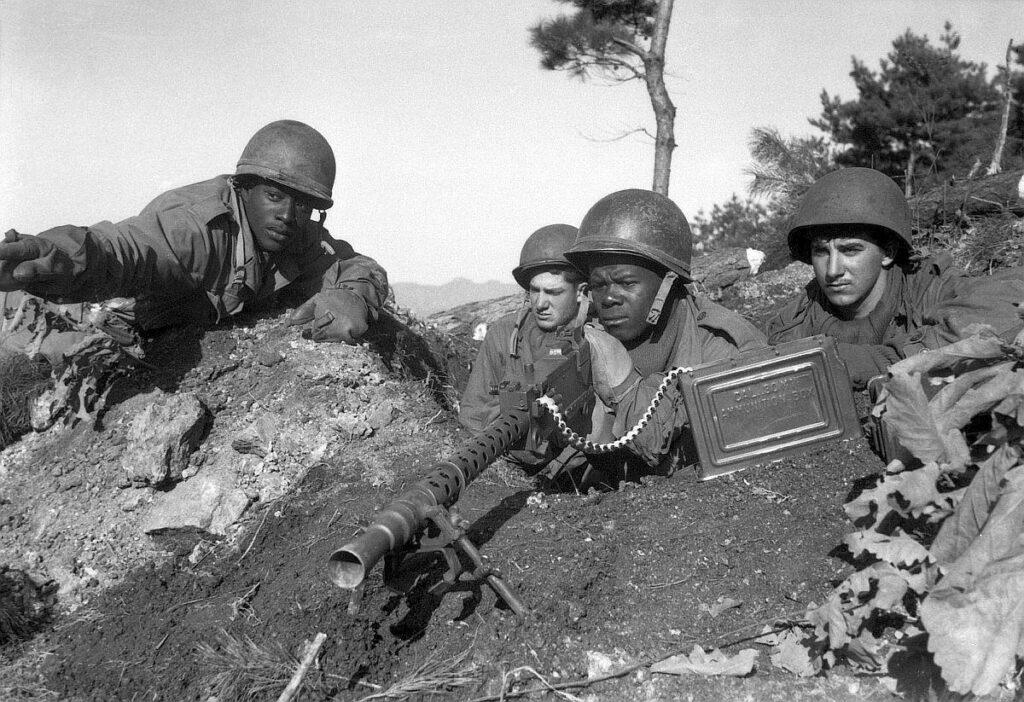In the ever-evolving landscape of the military, a shift from integration to inclusion is becoming increasingly crucial. As society progresses towards greater diversity and equity, the armed forces must also adapt to ensure all voices are not only heard, but valued. This shift requires a deeper understanding of the diverse perspectives and experiences within the military, ultimately leading to a more cohesive and effective fighting force. Join us as we explore why the military must move beyond integration to true inclusion in order to thrive in the modern world.
– Recognizing the Importance of Diversity in the Military
The military has made great strides in recent years in terms of diversity and inclusion, but there is still work to be done. It is not enough to simply integrate individuals from different backgrounds into the military; we must also focus on creating a culture of inclusion where all service members feel valued and supported. This goes beyond just having diverse recruitment efforts – it means actively working to ensure that every individual, regardless of their background, feels like they belong and can thrive in the military.
Embracing diversity in the military is not just the right thing to do – it is also crucial for the effectiveness and success of our armed forces. A diverse military brings a range of perspectives and experiences to the table, which can lead to more innovative solutions and better decision-making. By recognizing the importance of diversity and actively working towards inclusion, the military can become stronger, more cohesive, and better equipped to face the challenges of the future.
– Breaking Down Barriers to Inclusion
As the world continues to evolve, the military must also adapt and move beyond traditional models of integration to foster a culture of true inclusion. This means more than just having diverse individuals in the ranks, but actively creating an environment where everyone feels valued, respected, and empowered to contribute their unique perspectives.
Breaking down barriers to inclusion requires a holistic approach that addresses not only policies and procedures but also the mindset and behaviors of all members of the military community. By promoting open communication, providing equal opportunities for advancement, and fostering a sense of belonging for all, the military can truly harness the power of diversity to strengthen its effectiveness and mission success.
– Implementing Strategies for Creating a More Inclusive Military Culture
Military organizations around the world have made great strides in integrating individuals from diverse backgrounds into their ranks. However, true inclusivity goes beyond mere representation. It requires creating a culture where all members feel valued, respected, and empowered to contribute their unique perspectives and experiences. To achieve this, the military must implement strategies that go beyond the surface level and address the underlying biases, systemic barriers, and cultural norms that may impede inclusivity.
One key strategy for fostering a more inclusive military culture is to prioritize education and training on diversity, equity, and inclusion. By providing all members with the knowledge and tools to understand and navigate issues related to diversity, the military can create a more welcoming and supportive environment for everyone. Additionally, leadership must actively promote and model inclusive behaviors, such as actively listening to and amplifying the voices of marginalized individuals, celebrating diverse perspectives, and holding themselves and others accountable for fostering a culture of inclusivity. By taking these steps, the military can move beyond mere integration towards true inclusion for all its members.
Future Outlook
it is clear that the military must continue to strive for greater inclusion, rather than simply integration. True inclusion not only recognizes differences, but values and celebrates them. By embracing diversity and creating a culture of belonging, the military can truly maximize the strengths and talents of all its members. It is time for the military to move beyond integration and fully embrace the power of inclusion. Only then can it truly fulfill its mission to protect and serve our country.
